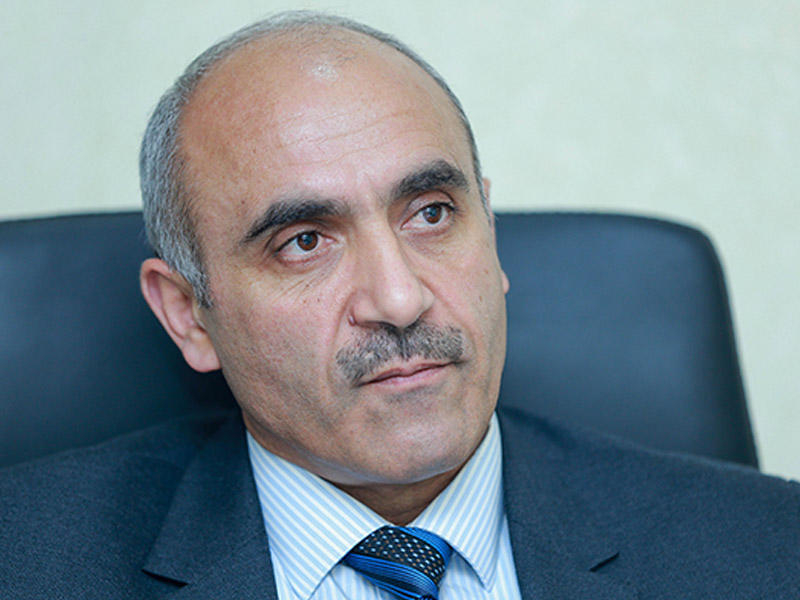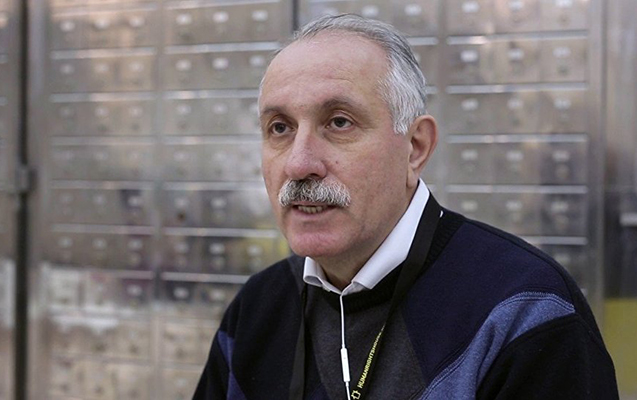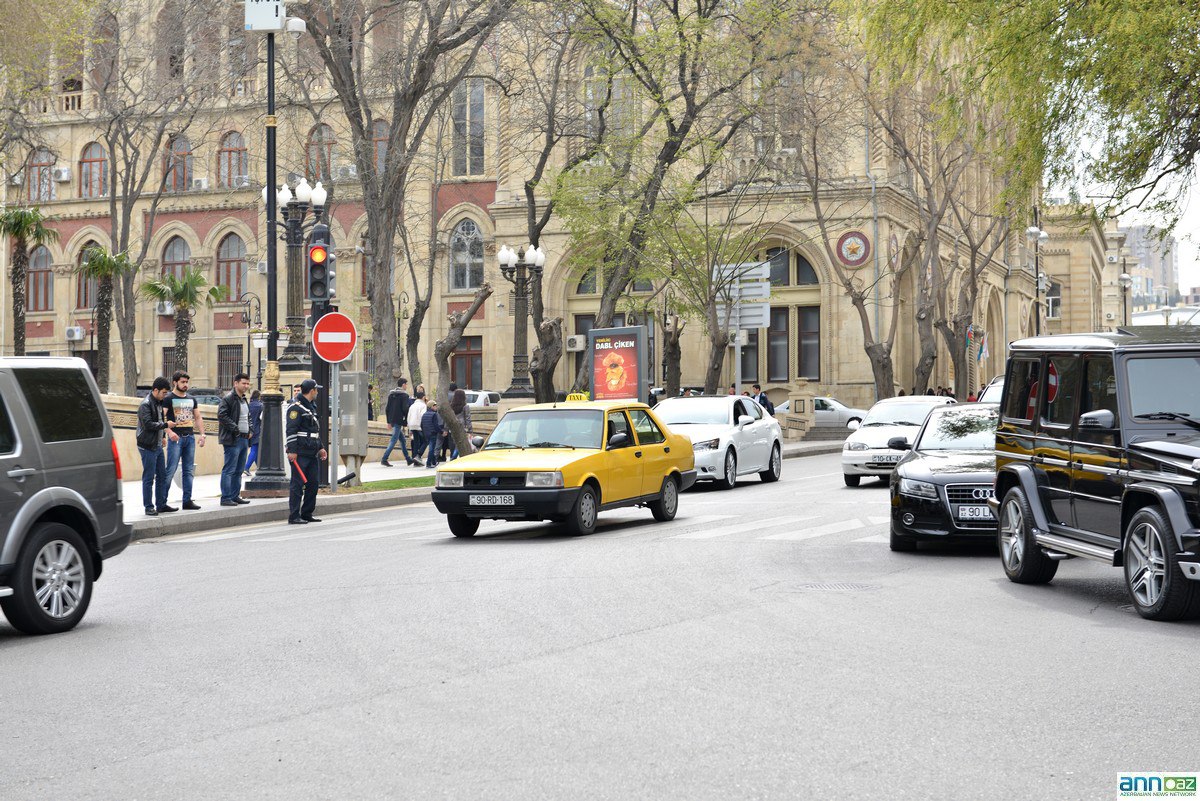
Taxi fares in Azerbaijan
Taxi fares in Azerbaijan have increased following recent government measures, with further increases expected. It is anticipated that starting from June 1st, the minimum fare for taxi rides in Azerbaijan will rise to 4.5 manats (approximately $2.6), significantly higher than the current 2.5 manats (around $1.5). According to Radio Liberty, taxi drivers are disseminating this information, citing the companies they collaborate with. This potential nearly twofold increase is attributed to new regulations, the implementation of which has led to a reduction in the number of taxis operating in the country.
The recent insignificant fare hike has already prompted complaints from passengers, with many linking this increase to government decisions aimed at regulating the taxi industry.
- Gig work in Georgia: “Another hell”
- How to solve the transportation problem in Yerevan? Expert recommendations
On March 28th, the Cabinet of Ministers approved stringent requirements for taxi vehicles, including compliance with Euro-5 environmental standards and a maximum age limit of eight years. Additionally, changes to the “Automobile Transport” law, which came into effect on October 1st of last year, introduced a fee of 3,000 manats (approximately $1,760) for issuing permits to taxi operators and mandated the installation of taximeters and video recorders in taxi vehicles.
These regulations have led to a noticeable reduction in the number of taxis. Although official statistics are not yet available, according to estimates from taxi drivers, the number of vehicles has decreased by approximately 2,000 units.
The Azerbaijan Land Transport Agency (AYNA), in a statement to the Turan agency, reminds that taxi fares are determined by the competitive market based on supply and demand.
 Arshad Huseynov
Arshad HuseynovTransport expert Arshad Huseynov, in a comment to “Radio Azadliq,” criticized what he consideres “artificial manipulation of prices” by the taxi companies.
“If measures in the taxi sector are successfully implemented and public transport improves, gradual fare increases for taxis are expected. However, a sudden 60-70% hike is artificial,” noted Huseynov.
He warned that taxi operators risk losing customers if they continue such steep fare increases.
“People will seek alternatives and try to avoid using taxis if possible, which does not bode well for taxi operators or drivers.”
Huseynov also highlighted the unsatisfactory state of public transport in Baku, noting the lack of significant improvements or expected changes. Such a situation could put people who rely on taxis due to insufficient public transport in a difficult position, potentially leading to illegal taxi activities.
Expert opinion

Mehman Aliyev, the head of the ASTNA analytical center, believes that addressing this issue requires a comprehensive approach that ensures the preservation of jobs, raises vehicle utilization standards, improves service quality, and promotes environmental sustainability.
“One of the promising solutions could be transitioning to electric and hybrid vehicles. China, facing car overproduction (around 17 million per year), offers a reliable source of these environmentally friendly transportation vehicles. By importing electric and hybrid taxis from China, Baku could modernize its taxi fleet, simultaneously addressing two issues—environmental pollution and economic strain,” says the expert.
He also notes that to make this transition feasible for taxi drivers, vehicles could be sold under leasing agreements with a low annual interest rate not exceeding five percent, for up to eight years:
“A Chinese electric car with a range of over 400 kilometers is estimated to cost 35,000 manats (approximately $20,800) delivered to Baku. Currently, taxi drivers in Baku typically lease their vehicles for 25 manats ($14.7) per day. With a six-day workweek, a driver could earn enough to pay 7,500 manats (approximately $4,400) per year. Thus, with an acceptable financial plan, drivers could fully amortize their vehicles within six to eight years, ensuring they are not financially burdened.”
Such an approach offers numerous advantages:
Employment guarantee: By providing accessible financing options for acquiring modern vehicles, taxi drivers can continue to earn a living without the fear of losing their jobs.
- Fleet modernization: Introducing new electric and hybrid taxis will rejuvenate Baku’s taxi fleet, leading to improved quality and reliability of passenger service.
- Environmental benefits: Electric vehicles provide zero emissions, significantly reducing air pollution in the city. This aligns with global efforts to combat climate change and improve air quality in urban areas.
- Economic benefits: The state can benefit from the sale and import of vehicles, while reduced operating costs for electric vehicles (cheaper electricity compared to fuel) may lead to lower taxi fares for citizens.
- Public comfort: Passengers will have access to more comfortable and modern taxi services, enhancing overall satisfaction with urban transportation.
Implementing this solution requires coordinated efforts from the government, financial institutions, and the private sector. Subsidies and incentives for electric vehicles, supporting bank credit structures, and collaboration with Chinese car manufacturers are important steps in this direction.
Furthermore, this model is not limited to Baku. It can be extended to the entire Azerbaijan, providing a scalable solution for modernizing the entire taxi industry nationwide. By taking these steps, Baku can address the pressing taxi problem, ensuring that drivers remain employed, the environment is protected, and city residents have access to higher-quality transportation services.


